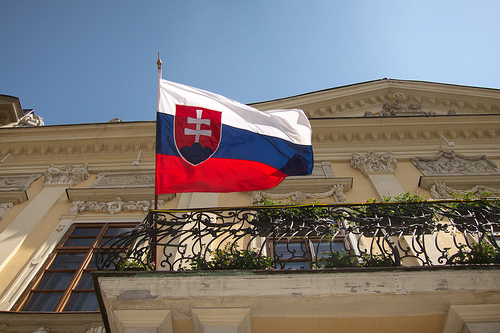What if I told you that the poorest EU member state is a country in which economic populism is more often the rule of a thumb, rather than an exception? Would that surprise you, or would you think it is a fate just deserved by both the Bulgarian public and its government? Sure, when it comes to populism within the EU, Bulgaria seems like an OK place to be when compared to countries such as Greece and (arguably) Hungary. However, some recent developments have brought forward the question whether Bulgaria (the country which back in 2011-2012 was viewed as an example of fiscal responsibility in the heat of the European debt crisis), is going the right way, or has reversed course back to the well-charted, yet strangely endearing seas of cheap economic populism.
I would like to tell you a few recent stories that have lead me to believe that the next couple of years may prove to be just as decisive for Bulgaria as years just after 1989 and the pre-accession period. I would also like to point out that while most events described below have taken place during the term of the current government, their roots lie in the heritage of long ignored problems and some anachronistic aspects of the socio-economic structure and development of the country.
Fiscal Populism: The Price of Political Instability
Back in 2011, during what can only be described as a credit rating massacre throughout the EU, Moody’s raised the country’s credit rating from Baa3 to Baa2. In 2012, when most of Europe was huffing and puffing to meet the 3% annual deficit to GDP requirement, Bulgaria stood out as one of the few countries that seemed to have its fiscal situation under control and that looked more than capable of balancing its budget, provided it wanted to.
The annual deficit that year stood at 0.6%, compared to an EU average of 4.3%, down from 4.1% in 2009 for Bulgaria and 6.7% in the EU. Granted, this consolidation effort was not carried out without some questionable government actions, such as the frivolous waste of the reserve of the National Health Insurance Fund at the end of 2010. Still, the numbers were impressive, especially when we bear in mind the low debt/GDP ratios (around 15%, compared to 78% at the EU level), which could have provided a convenient excuse for higher deficits in the short to medium term.
The only countries which managed to record a lower deficit to GDP ratio that year were Estonia, Germany and Luxembourg. The poorest member state of the EU was hailed as an example of fiscal discipline, a praise that was well deserved, especially when one takes into account how heavily the country was hit by the economic and financial crisis.
Download Full Article:
Yavor Alexiev_Economic Populism in Bulgaria and Its Consequences__Review_4
Download Full Magazine:






















